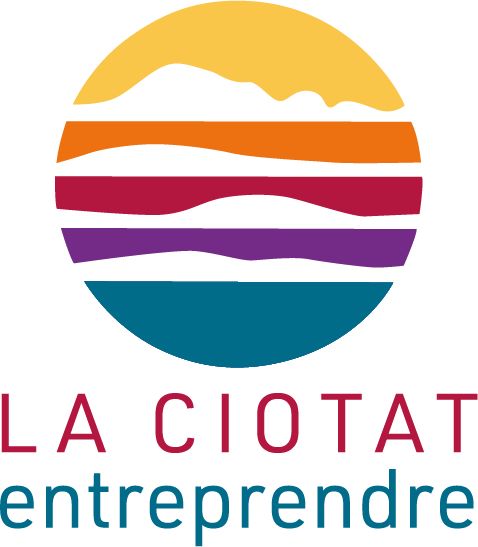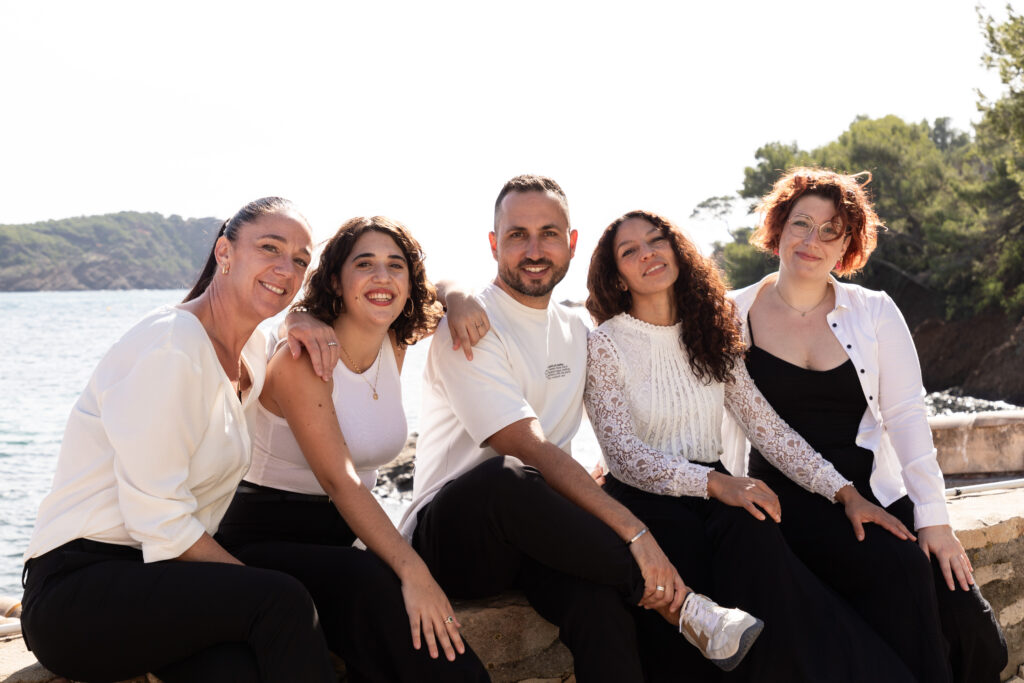
Hirohiro
FollowOverview
-
Date de fondation 3 décembre 1944
-
Secteurs Services
-
Posted Jobs 0
-
Vues 69
L'entreprise
Empowering Creativity: Building Businesses and Jobs In Europe’s Creator Economy

For centuries, Europe has actually been a cultural powerhouse, exporting its art, theatre, literature and music to all corners of the globe. From Renaissance work of arts to the symphonies of Beethoven, Europe’s developers have actually shaped the method millions of individuals we think of and experience the world.
Today, this legacy continues, however in a significantly various landscape. The digital age has changed how material is produced and shared, democratising the tools of development and breaking down old barriers to gain access to. Anyone with a smart device and a trigger of creativity can now become a content producer and reach a global audience.

Platforms like YouTube have ended up being central to this new environment. These platforms not only empower developers to share their stories, but also drive economic development and community building in ways inconceivable simply a few decades back. Today’s developers are not confined to the hair salons of Paris or the performance halls of Vienna – they are reaching millions from home studios, transcending borders with a single upload.
In 2022, YouTube’s innovative community alone included over EUR5.5 billion to the GDP of the EU27 – and supported more than 150,000 full-time equivalent jobs. According to Oxford Economics, 7 out of 10 European developers who make money from YouTube concur that the platform assists them export their material to international audiences which they would not access otherwise.
We need to encourage the work that young creators are doing, and assistance platforms and creators alike
This altering landscape was the focus of a recent discussion at the European Parliament in Brussels, where policymakers and YouTube developers came together to check out the extensive impact of the developer economy. By analyzing how platforms like YouTube are improving the creative environment, the event highlighted the potential for European creators to not only amuse but to create jobs and strengthen Europe’s cultural footprint worldwide.
Zala Tomašic, an EPP MEP from Slovenia and a member of the CULT Committee, started the conversation with a personal story, exposing that she had as soon as harboured aspirations to be a « YouTube star ». As a kid she developed a channel, but her ambitions fell at the first hurdle when she understood quite how much knowledge is required throughout modifying, noise, lighting, recording, and marketing for content creation. « Companies employ huge departments to do what a creator does on their own, all on their own, » she kept in mind.
Gaspard G – another of the guests – was more successful in his attempts at building a career on YouTube. G started publishing on YouTube at the age of 10, and soon began his own channel, covering a mix of politics and existing occasions. Since then, his channel has grown to more than 1.1 million subscribers. He is also the creator of an innovative media agency, representing developers on YouTube, Instagram, TikTok, and LinkedIn.
Earlier this year, he was appointed Secretary General of the Union of Influence Profession and Content Creators (Union des Métiers de l’Influence et des Créateurs de Contenus, or UMICC), the first professional federation devoted to the influencer sector in France. In his speech about becoming of a successful developer, he highlighted the increasing power and responsibility of YouTube developers, a few of whom increasingly exceed traditional media outlets in reach. This brings with it responsibility to professionalise, he stated. Alongside supporting and representing influencers, UMICC intends to develop recognition and ethical standards for online developers, to bring it into line with other acknowledged professions.

MEP Tomašic worried that, while policy-makers should address some challenges such as data protection and the spread of mis- and dis-information, they should not lose sight of the « huge positive aspects » that platforms like YouTube bring. « They develop an environment where individuals can access information, eliminate barriers to the spread of understanding, and open up extraordinary opportunities for work and development, » she stated, keeping in mind how lots of business owners and little services utilize these platforms to reach wider audiences and developing their brands while creating new job chances. Additionally, she kept in mind how social media continues to amplify advocacy and awareness on social problems, supplying a powerful tool to activate neighborhoods and drive modification.
To guarantee Europe realises its prospective as an international center for creativity, she urged policy-makers to do more to support digital skills advancement. « We require to increase the digital literacy skills. We need to buy the digital space. We require to encourage the work that young developers are doing, and we require to support platforms and creators alike, » she included.
Veronika Cifrová Ostrihoňová MEP, a former reporter, echoed these ideas, but revealed her concerns about the function of social networks in spreading out false information. « Despite the fact that social networks is a terrific tool for us to use, it’s simply a tool, » she said. « We need to tackle problems like false information, disinformation, and algorithmic blind areas. »
David Wheeldon, Managing Director and Head of EMEA Government Affairs and Public Law at YouTube, highlighted the platform’s unique position in the innovative economy. YouTube not just offers a space for creators to share their work but likewise drives financial and neighborhood advancement. Creators are not just developing professions for themselves. As Gaspard G programs, they are also shaping the future of media by creating tasks and constructing whole media companies and sectoral organisations. As Wheeldon highlighted, referall.us YouTube developers in Europe are reaching an international audience, with 65% of their watch time coming from outside the continent. This broad reach provides a chance for European creators to buy their culture and creativity, extending their influence worldwide.
Looking ahead, YouTube is exploring innovative ways to assist creators reach even bigger audiences. Wheeldon announced the approaching growth of AI tools, such as YouTube Aloud, which uses AI to call creators’ voices into other languages. « We are going to release YouTube Aloud in a growing number of languages in Europe, where AI will take your voice and lip sync and you will be talking in another language, » he explained. « We’ve got 5 languages up and running, and we’re going to construct that over time. This develops a massive opportunity for all developers in Europe to gain access to audiences throughout the continent and beyond. »

The occasion highlighted the requirement for policymakers to recognize the capacity of the developer economy and promote an environment that nurtures digital abilities. MEP Tomašic kept in mind that the imaginative economy uses youths a distinct chance to turn their passions into . « 60% of Generation Z and millennials wish to turn their pastimes into an occupation, » she stated, highlighting the sector’s value to future task markets.
By buying digital literacy and supporting platforms that empower creators, Europe can strengthen its position as a global hub of creativity and development. As MEP Tomašic concluded, the developer economy isn’t just about private success – it’s about constructing a lively, sustainable cultural and financial environment that benefits all of Europe.



